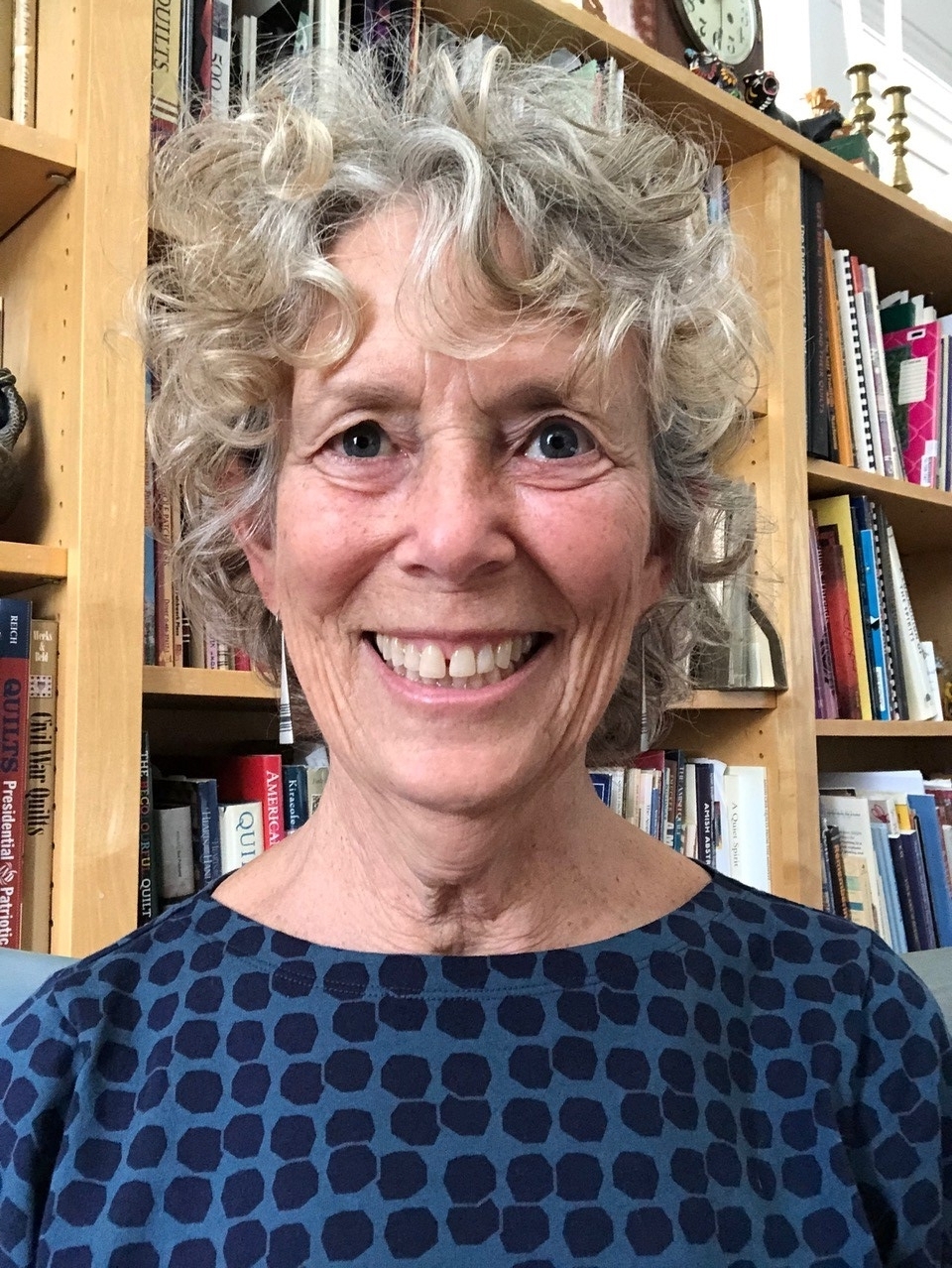Marsha MacDowell
-
Director, Michigan Traditional Arts Program, Residential College in the Arts and Humanities
-
Professor, Department of Art, Art History, and Design
-
Curator, Michigan State University Museum
-
Director, The Quilt Index and Michigan Stained Glass Census, Matrix: Center for Digital Humanities and Social Sciences
Room 5 MSU Museum
517-290-5195
macdowel@msu.edu

Education
PhD in Education, Michigan State University
MFA in Studio Art, Michigan State University
Biography
Marsha MacDowell was born in Lansing, grew up in Detroit, and has lived in East Lansing since 1968. In 1974 she and her husband and research partner, Dr. C. Kurt Dewhurst, received grants from the National Endowment for the Arts to research and present an exhibition on Michigan traditional arts. Soon after, they accepted a job offer from MSU to work at the MSU Museum as a team to continue and expand their work. In tandem with Michigan Council for the Arts and Cultural Affairs and many other community partners, supported by many more grants from state and local arts and humanities and private foundations, they oversaw the development of research, education, festival, artist services, digital resource, collections and publication activities under the umbrella Michigan Traditional Arts Program (MTAP), based at the Michigan State University Museum.
MTAP’s mission is “to advance cross-cultural understanding and equity in a diverse society through the documentation, preservation, and presentation of traditional arts, folklife, and everyday culture in Michigan.” While most of MTAP activities were focused on state and regional arts and culture, other programs, such as partnerships with the Smithsonian and with the Nelson Mandela Museum, were national and international in scope. See the MTAP Facebook page and Great Folks blog for updates on programs.
In 2020, as the MSU Museum moved towards more science education activities, the Michigan Traditional Arts Program was transferred out of the museum, divided into three components (outreach and engagement; digital humanities; and collections) with the new administrative home being the Residential College in the Arts and Humanities (RCAH). This transition is challenging but also exciting as we look forward to working within a unit that so values community engagement, diversity, and inclusion connected with arts and humanities.
As to her own research interests, her work as a publicly engaged scholar is grounded in an interdisciplinary approach to material culture and is informed primarily by art historical, folkloristic, and ethnographic theories and methodologies. For many years, her work has been largely focused on:
- Documentation and analysis of the production, meaning, and use of traditional material culture (especially that of Hmong-Americans, Native Americans, South Africans, and women and more recently Chinese);
- Analysis of the role of museums in contemporary society;
- Development of educational resources and public arts policies related to traditional arts;
- Development of curriculum materials related to community-based knowledge;
- And creation of innovative ways, including digital repositories, to increase access to and use of traditional arts materials.
The overwhelming majority of her work has, by design and philosophy, been developed and implemented in collaboration with representatives of the communities affiliated with the foci of projects.

